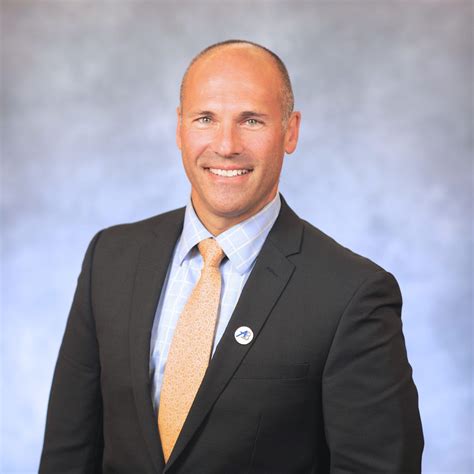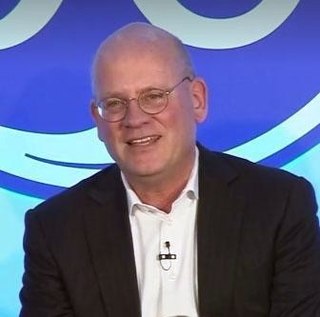A Quote by Whitney Tilson
I have long believed the corporate world is plagued by poor capital allocation decisions.
Quote Topics
Related Quotes
If you go out into the real world, you cannot miss seeing that the poor are poor not because they are untrained or illiterate but because they cannot retain the returns of their labor. They have no control over capital, and it is the ability to control capital that gives people the power to rise out of poverty.
The financial doctrines so zealously followed by American companies might help optimize capital when it is scarce. But capital is abundant. If we are to see our economy really grow, we need to encourage migratory capital to become productive capital - capital invested for the long-term in empowering innovations.
The court has had to take a hard look at our resources and make difficult decisions balancing competing demands for resources. While our current allocation of resources to the Twin Peaks Court may not be ideal, it is an appropriate allocation when all factors are considered. While I realize this will be disappointing news to you, I can assure you the matter was given serious thought before a decision was made.
We also need to reduce corporate tax rates. This applies to small, medium and large businesses. At 35 percent, we have the second highest corporate rates in the world. It restricts the growth of small enterprises that need to plow capital back into their businesses and forces companies and jobs to move overseas.
Capital, never concerned with distribution, is now less and less concerned with production. Capital is driving for power, for the control over markets, lands, resources. Capital, in corporate hands, can move anywhere and thus demand and get the utmost in concessions and privileges as well as the freedom to operate in the interest of ever-increasing wealth and assets.
































